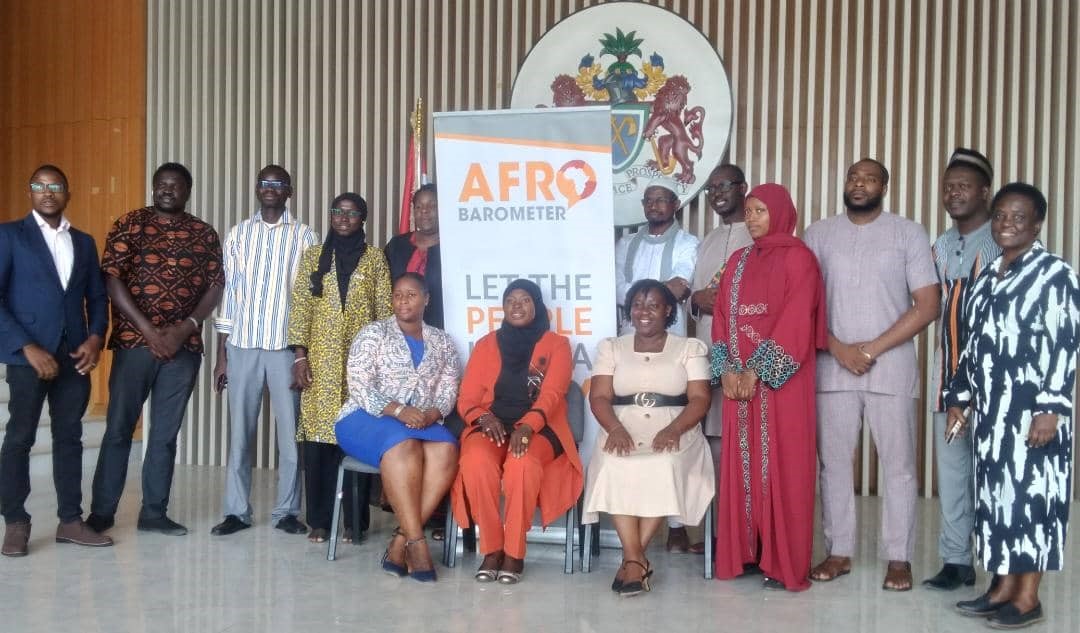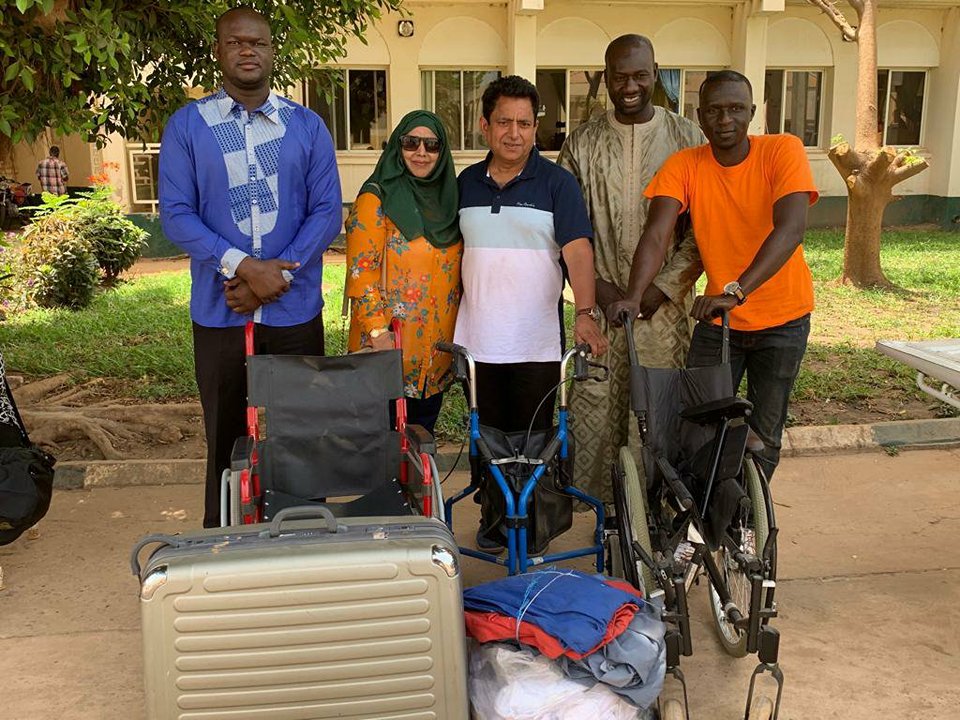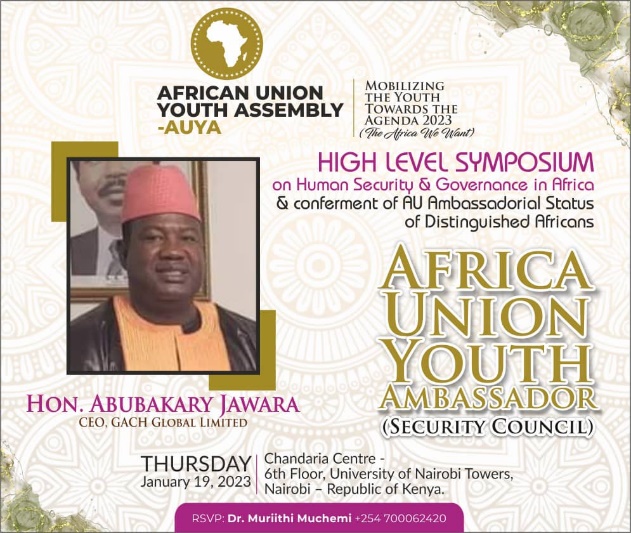By Mustapha Jarju
The round 9th of the Afro Barometer survey conducted by the Centre for Policy, Research and Strategic Studies (CEPRASS) on the theme “Elections and Local Governance” has indicated that majority of Gambians have expressed negative assessments on the performance of the local government authorities in their past five (5) years in office.
“Almost 6 out of 10 Gambians, which is 59%, give their local government councilors a negative performance rating as what is shown in 2018 is almost 200% increase in 2022.”
The Latest Survey that is conducted by CEPRASS was reveal at that Forum organize at the Sir Dawda Kairaba Jawara International Conference Centre in Bijilo on Thursday 23rd February 2023, has addressed that,
In its latest survey which was conducted yesterday at the international conference centre, regional NGO this time also gave a belligerent warning to the local government councilors to redouble their efforts in serving the interest of people they are representing.
“Only few people think their councilors try to listen to what people have to say and the majority of Gambians express a lack of trust in their councilors due to corrupt practices,” the survey revealed.
The Survey also revealed that “36% of Gambians don’t have trust in the electoral body (IEC) with only 22% have just a little confidence while only 10% have trust and 30% have a lot of trust in the Electoral Commission.
The survey also revealed findings on the gender parity highlighting male as the highest respondent with 53% and 47% as female while in terms of resident, the research indicated that the urban has the highest number with 58% and rural 42%.
Lang Sanyang, a researcher during his presentation stressed on the finding of this survey saying 80% of Gambians supported elections as the best way to choose their leaders prior to 2016 when people used to say election wouldn’t remove anyone from office.
Sanyang also indicated that their survey findings have revealed that 81% of Gambians believe that elections work fairly well to enable voters to remove leaders out of office.
“Looking at choosing leaders through elections, you can see 88% in 2018 thought that we can of course change our leaders through elections, 2021 it was the same but in 2022 there is a slide decline, and in methods of choosing leaders we have seen an increase in that from 11% in 2018 to 17% in 2022 with 6% increment in term of using other method of choosing leaders,” Mr. Sanyang added.
On the issue of multiparty, he said from 2018 to 2022 there is a decline in the system in 2018 which was 75% but according to the latest survey 57% of the Gambians believe that political parties in the Gambia are divisive and there is no need for many political parties in the country.
Mr. Sanyang also presented that there is no better time to reveal this finding than now when Gambians are about to witness the local government elections as the majority of the citizens believe that elections represent views of the citizens.





